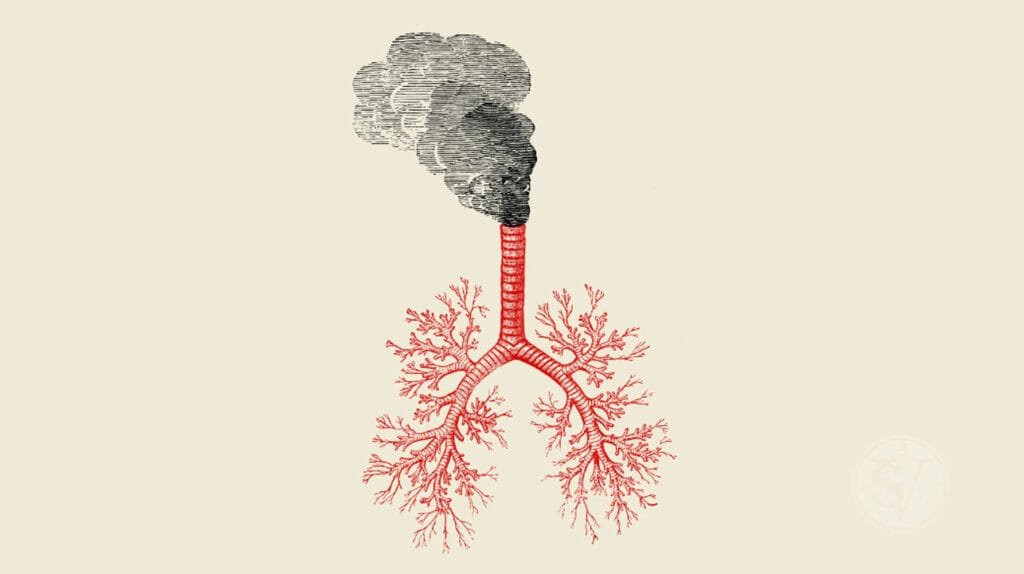Air pollution: Major global health risk factor
It is a fact that Air Pollution affects Health. Pollution is defined as the introduction into the environment of substances harmful to humans and other living organisms. Pollutants are harmful solids, liquids, or gases produced in higher than usual concentrations that reduce the quality of our environment. Air pollution is a major global public health risk factor. Many of the air pollutants that harm our health also harm our climate or share sources. Cities’ efforts to tackle air pollution and the climate crisis must go hand-in-hand.
Short-term exposure to air pollutants is closely related to COPD (Chronic Obstructive Pulmonary Disease), Cough, Shortness of breath, Wheezing, Asthma, Respiratory disease, and high rates of hospitalization (a measurement of morbidity). The long-term effects associated with air pollution are Chronic Asthma, Pulmonary Insufficiency, Cardiovascular Diseases, and Mortality.

How Air Pollution affects Health? Find the factors that contribute to Air Pollution
Know the main pollutants that damage both climate and health
- Black carbon – It is a major component of fine particulate air pollution and is especially damaging to our lungs and health because of its very small size. Black carbon is an aerosol formed of solid airborne particles, rather than a greenhouse gas and also contributes to climate change by converting light into heat.
- Ground-level or troposphere ozone-It is the main component of urban smog. At ground level, ozone is harmful to our health. It is a greenhouse gas with a strong warming effect, and also impacts evaporation rates, cloud formation, rainfall and more.
Ways to control Air Pollution in big cities
Air Pollution affects health like no other way. Automobiles and the Refrigerants release greenhouse gases that harm the ozone layer in the atmosphere. Not many know but it destroys it causing the harmful UV rays to enter. These rays can cause skin irritations and even cancer in humans.
- Shifting energy production within the city, and ideally the region, to clean and more efficient technologies
- Reducing emissions from municipal sewage and solid waste (particularly food waste)
- Improved building energy efficiency to reduce energy demand
- Supporting a shift to cleaner cook stoves
- Reducing emissions from traffic
Reduce Air pollution. Air Pollution affects Health
- Turn off the lights when not in use- The energy that the lights take also contribute to air pollution, thus less consumption of electricity can save energy. Use energy saving fluorescent lights to help the environment
- Recycle and Reuse- The concept of recycle and reuse is not just conserve resources and use them judicially but also is helpful for air pollution as it helps in reducing pollution emissions. The recycled products also take less power to make other products.
- No to plastic bags- The use of plastic products could be very harmful to the environment as they take a very long time to decompose, due to their material made up of oil. The use of paper bags instead is a better alternative as they decompose easily and are recyclable. Reduction of forest fires and smoking.
- Avoid usage of crackers- The use of crackers during festivals and weddings is sadly one of the biggest contributors to air pollution, leading to a layer of smog which is extremely harmful for health. So, practice of no crackers should be implemented.
- Avoid using of products with chemicals-Products that use the chemicals in their usage or smell strongly, like paints or perfumes should be used less or outside the house. There can also be an alternative to use products with low chemical content and organic properties.
- Using public transports-Using public transport is a sure short way of contributing to less air pollution as it provides with less gas and energy, even carpools contribute to it. In addition to less release of fuels and gas, using a public transport can also help in saving money.


